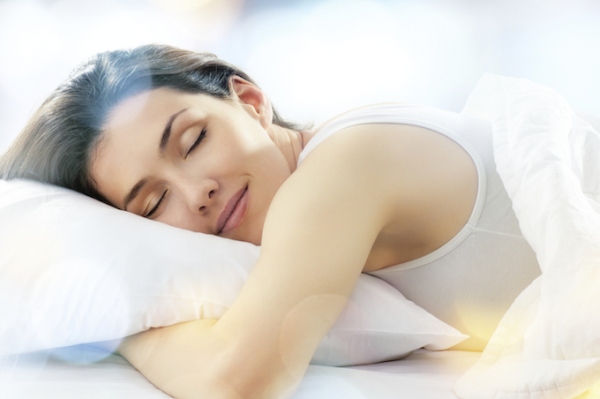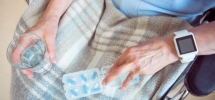Employing healthy habits leading up to bedtime is crucial for setting the environment for restful sleep. However, this is often not enough for a person with deeper sleep-related issues, and often there are many factors that are out of a person’s control. A variety of treatments are available for those suffering from sleep disorders.
Who is a Candidate?
The most common of sleep complaints, insomnia occurs when a person has a patterned difficulty of falling or staying asleep. They may wake up throughout the night or prematurely in the morning, even when they have the opportunity to get a full night’s rest.
Sleep apnea is a disorder that causes the body to stop breathing during sleep. It is caused by the collapse of the tissue in the back of the throat, blocking the airway and restricting oxygen. This can occur anywhere from a few to hundreds of time each night, and can lead to loud snoring.

Narcolepsy affects a person for life, and is highly dangerous due to the sudden onset of excessive sleepiness. People affected by night terrors (different from nightmares) are also good candidates for sleep therapy, as they are a risk to themselves and others when in that state.
Many people may develop a circadian rhythm disorder when required to adjust their life to a new schedule. The biological mechanisms that control when a person is awake versus asleep change suddenly, causing a disruption.
Types of Treatment
Taking melatonin is a viable option for less disruptive issues. It is a natural hormone found in the body, promoting sleep and relaxing the mind. It can be added to water in drops or taken as a tablet. Wearing a snoring mouthpiece is another simple solution that can regulate the sleep cycle.
More severe sleep disorders may require stronger interventions. A Continuous Positive Airway Pressure (CPAP) machine is the most effective measure for coping with sleep apnea. Air pressure is regulated by a machine and is pumped into the airway via a mask. The ideal settings are determined either by a programmed algorithm or when the person undergoes a Titration study. A BiPAP system, which calibrates and regulates both inhale and exhale pressure, may also be recommended by a doctor.
Bright light therapy can be helpful for those experiencing disruptions in their circadian rhythms. The offset ‘clock’ can be rewired and set back to normal using exposure to light.
A Cognitive Behavioral therapist can assist a person in working through underlying thoughts that prevent them from sleeping, as well. In certain circumstances, sleep medications may be prescribed.
Benefits of Seeking Treatment
Sleep disorders can have enormous and detrimental impacts on daily life, as being regularly exhausted and fatigued can impair proper decision-making, decrease concentration, weaken relationship and social skills, and negatively affect performance at work. Furthermore, adults who do not get at least seven hours of sleep regularly are put at a heightened risk of developing other adverse health effects. Seeking out assistance from sleep specialist allows individuals to get to the root of the problem and take appropriate action to regain control of their lives. Treatment can eliminate or at least significantly reduce the symptom of sleep disorders, contributing to a healthier lifestyle and overall better quality of life.
Valley Sleep Center diagnoses and treats sleep disorders such as sleep apnea, snoring, narcolepsy, insomnia, and other sleep disturbances for patients in the Phoenix, Mesa, Glendale, Scottsdale, and Chandler Arizona areas.




